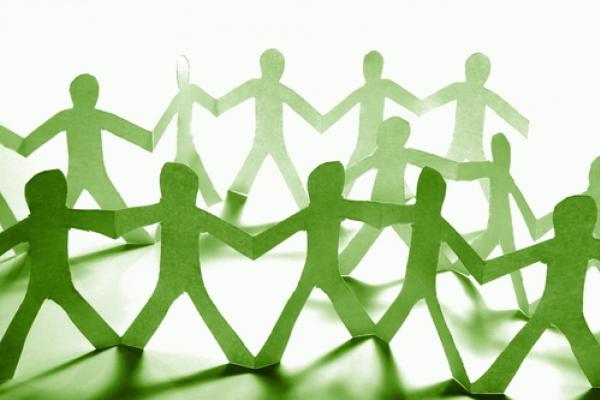The day after the 2012 election brought a great feeling of relief. Most of us, whether our candidates won or lost, were so weary of what elections have become that we were just glad the process was over. Many were disappointed that dysfunctional and bitterly partisan politics in Washington, D.C., had undermined their deep desires for “hope” and “change.” Politics has severely constrained those possibilities by focusing on blame instead of solutions, and winning instead of governing. And, as the most expensive election in American history just showed, the checks have replaced all the balances.
But the election results produced neither the salvation nor the damnation of the country, as some of the pundits on both sides seemed to suggest.
The results of the presidential election showed how dramatically a very diverse America is changing; people are longing for a vision of the common good that includes everyone. As one commentator put it “the demographic time bomb” has now been set off in American politics — and getting mostly white, male, and older voters is no longer enough to win elections, as the Romney campaign learned on Tuesday.
Read the Full Article

